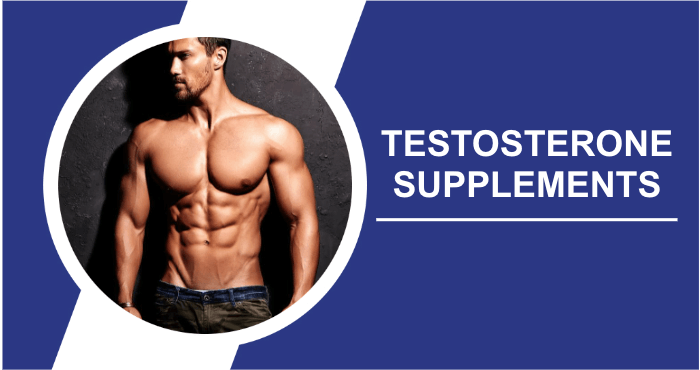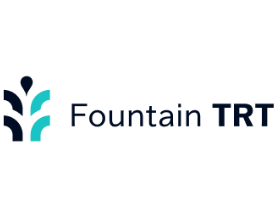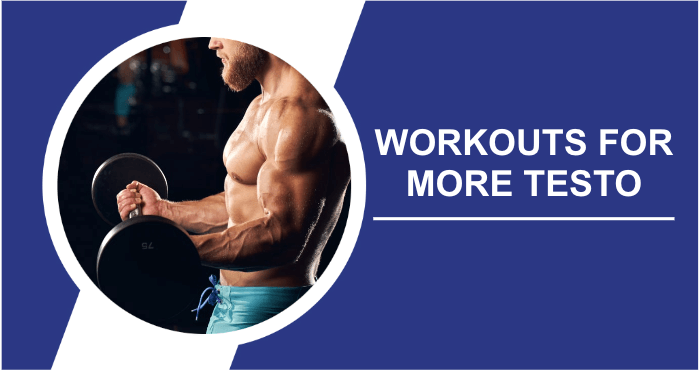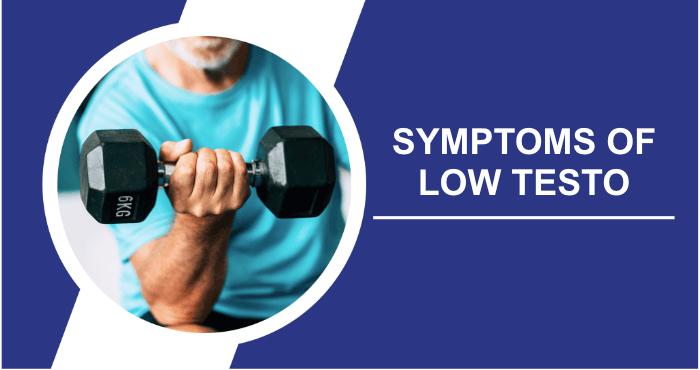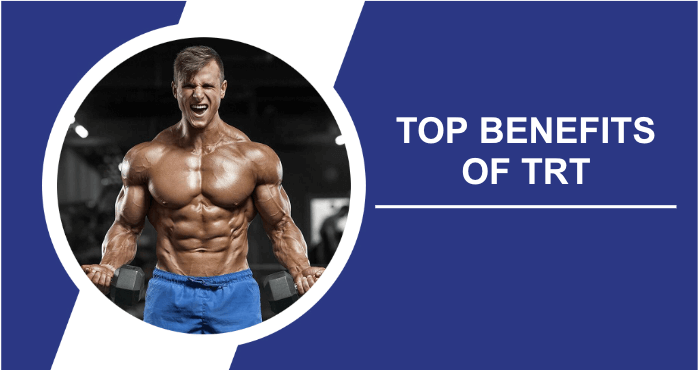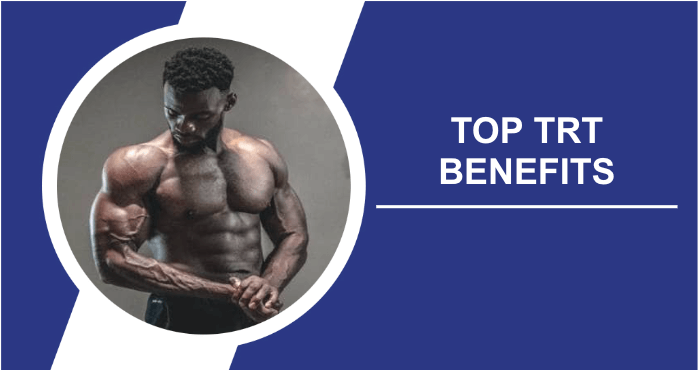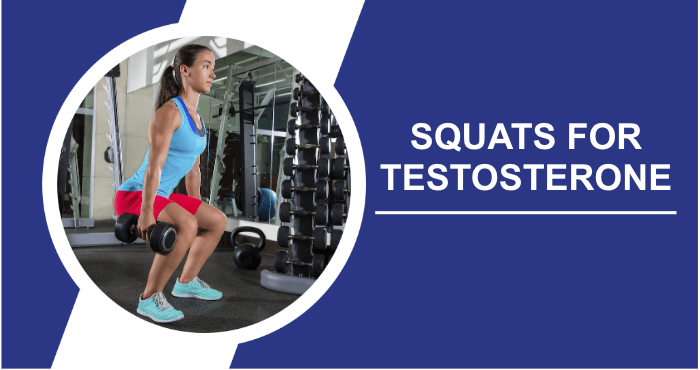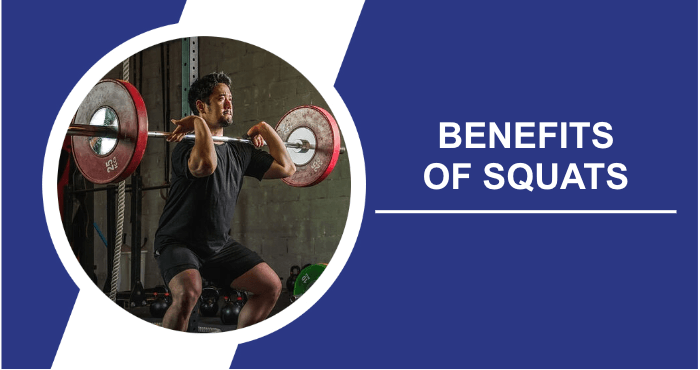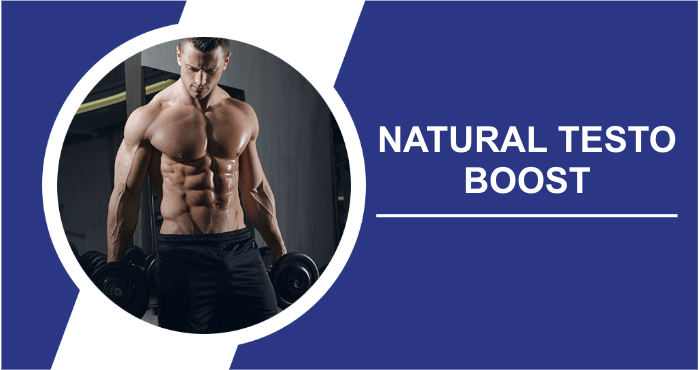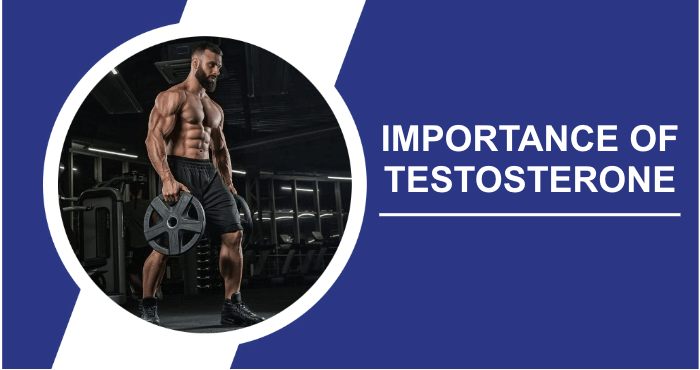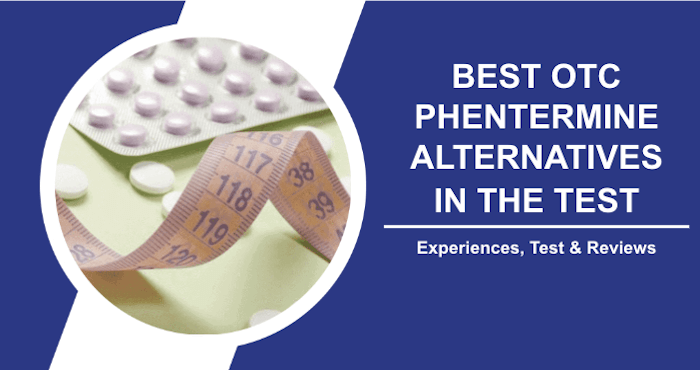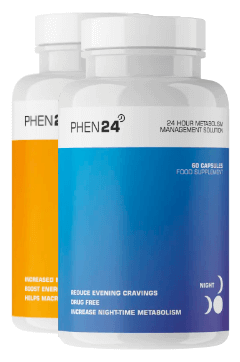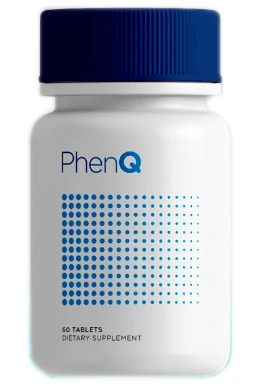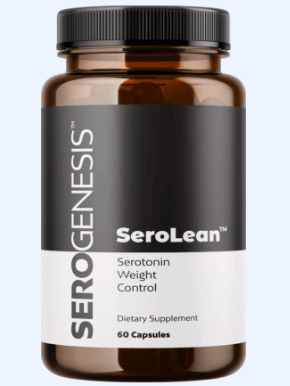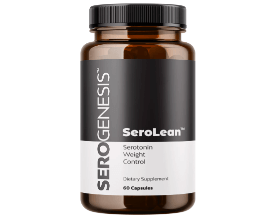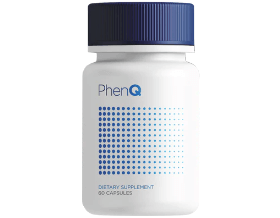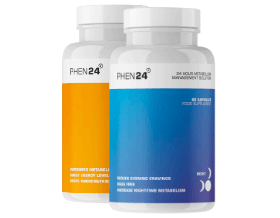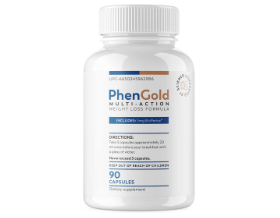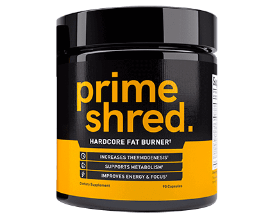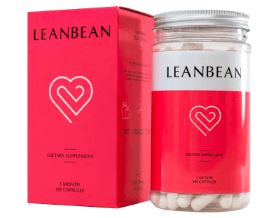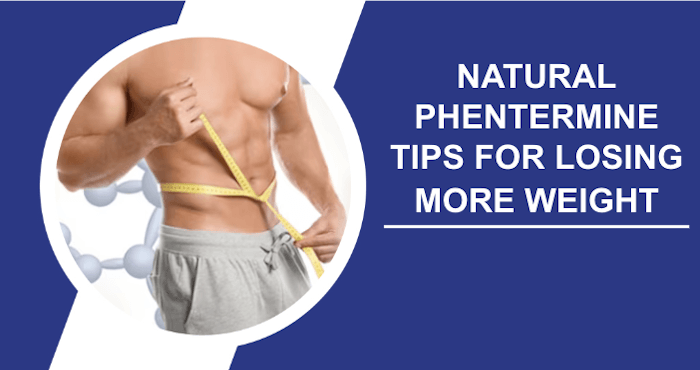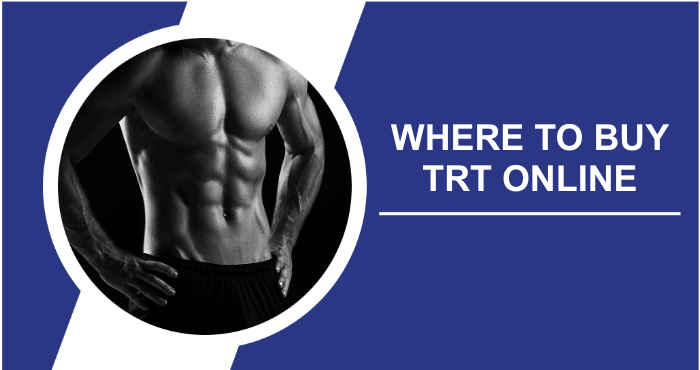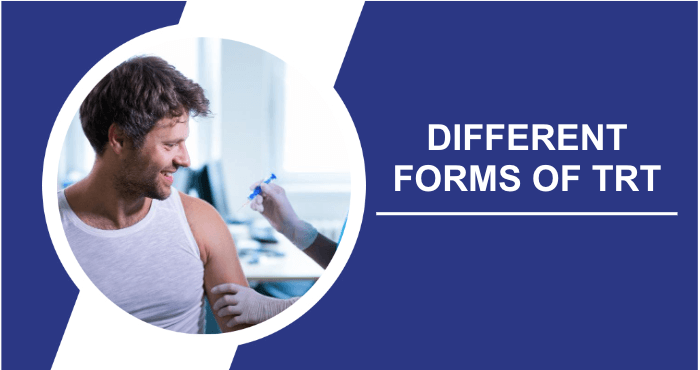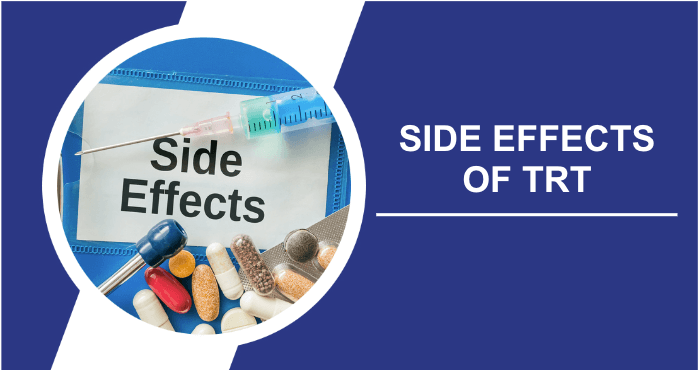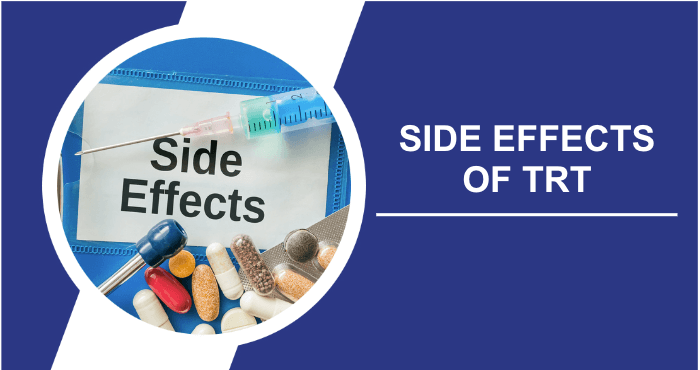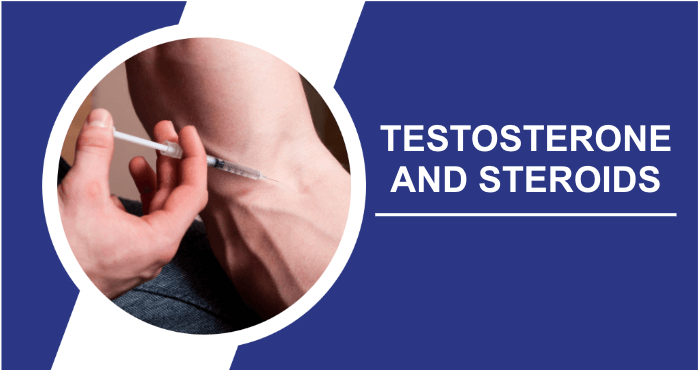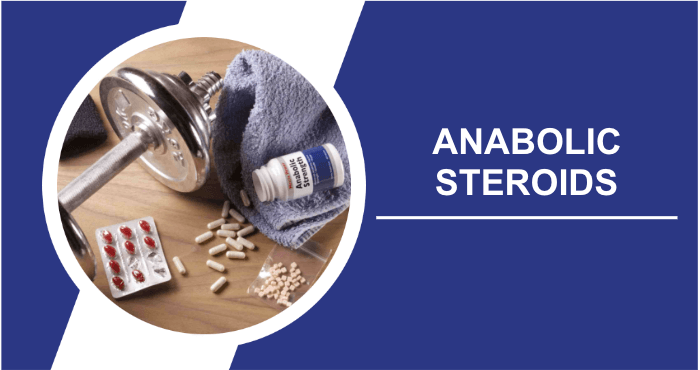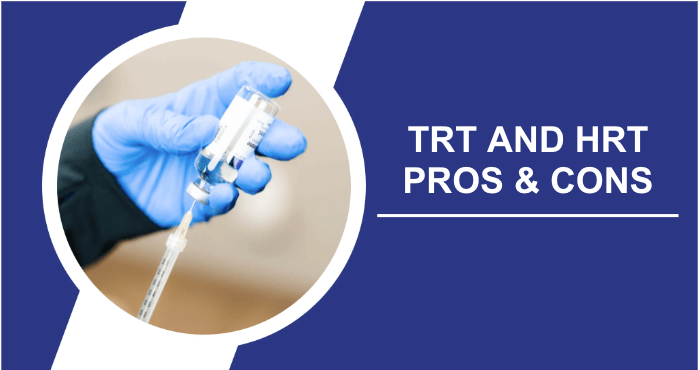If you happen to be a man over the age of 30, your chances of experiencing low testosterone stand at 25%, and it may not be obvious, as a significant portion of men exhibit asymptomatic low-T. This means that a quarter of the male population falling into the 30+ age bracket could potentially be dealing with the adverse effects of low testosterone, a bona fide medical condition that can result in increased body fat, muscle loss, and decreased vitality.
So what are the options for men in this predicament? Should they just accept feeling tired and not looking their best for the rest of their lives? Certainly not. Fortunately, if you are suffering from low T, there is a vast array of vitamins, minerals, and herbal remedies that can boost your testosterone levels.
What’s even more promising is that the most effective solutions often involve a combination of these ingredients. So, for those individuals struggling with low testosterone, there’s exciting news on the horizon! We are ready to review the top supplements designed to naturally boost your testosterone levels.
Boost Testosterone Naturally - A Guide If you're looking to improve your energy, muscle growth, and overall well-being, you may want to consider natural ways to boost your testosterone levels. While there are no one-size-fits-all solutions, here are some general approaches to help you on your journey:
What Are Hormones In General?
Hormones are chemical messengers produced by various glands in the body’s endocrine system. They play a critical role in regulating many physiological processes, including growth, metabolism, mood, and reproduction. These molecules are released into the bloodstream and travel to target cells or organs, where they bind to specific receptors and trigger responses.
Hormones can be classified into different types, such as steroids, peptides, and amines, each with unique functions. Maintaining a balance of hormones is essential for overall health, as imbalances can lead to various disorders and health problems.
What Is The Role Of Hormones In The Body?
Hormones serve as the body’s chemical messengers, orchestrating and regulating a wide range of physiological functions. Their roles are diverse and include controlling metabolism, regulating blood sugar levels, influencing growth and development, maintaining the reproductive system, and managing stress responses.
For example, insulin, a hormone produced by the pancreas, helps regulate blood sugar levels, while thyroid hormones control metabolism. Testosterone and estrogen are essential for sexual development and function. Adrenaline, another hormone, triggers the fight-or-flight response. Overall, hormones play a key role in maintaining homeostasis, ensuring that the body functions optimally and adapts to changing internal and external conditions.
- Accurate testosterone measurement
- Appointment with a doctor
- Cream and injection options
- Price: $35 – $199
- Rating ⭐⭐⭐⭐⭐
What Is Testosterone?
Testosterone, a male sex hormone, is produced in the testes and plays a central role in the development of male characteristics, which include both primary and secondary sexual characteristics, as well as the distinctive physical features that are unique to males.
In essence, testosterone controls attributes such as stature, the proliferation of body hair, the deepening of vocal tones, sexual desire, and all the traits associated with masculinity. In addition, testosterone has a direct effect on muscle dimensions, enlargement and maturation.
What Supplements Can Enhance Testosterone Levels?
In addressing the common concern of diminishing testosterone levels in men aged 30 and beyond, there exists a range of products, encompassing vitamins, minerals, and herbs, with the potential to elevate testosterone levels. Furthermore, natural testosterone enhancers often present an even more effective solution for augmenting testosterone levels, as they typically incorporate a blend or formulation of vitamins, minerals, and herbs to achieve optimal testosterone-boosting outcomes.
Numerous commendable choices are available, and we are prepared to concentrate on enumerating the finest options. We will accomplish this by providing an in-depth overview of each supplement category, and by highlighting the superior vitamins, minerals, herbs, and testosterone-enhancing agents within each category.
The Top Supplements For Boosting Testosterone
So which vitamins, minerals, herbs, and supplements are considered the most effective for boosting testosterone levels? You are about to discover them.
Vitamin D
Among the quartet of fat-soluble vitamins that includes vitamins E, A, and K, vitamin D shows a strong association with testosterone production. In essence, higher levels of vitamin D are theorized to correspond with elevated levels of testosterone. Research indicates that vitamin D not only has the potential to increase testosterone, but also serves as a deterrent to the conversion of testosterone to estrogen. This dual action helps reduce fat accumulation and other unwanted side effects.
For example, a study of 165 overweight men examined the effect of vitamin D supplementation on testosterone levels. One group received a daily dose of 3,332 IU of vitamin D for one year, while the placebo group served as a control. Results showed that the vitamin D group experienced significant increases in total testosterone, bioactive testosterone, and free testosterone, while the placebo group showed no significant changes.
However, it’s important to be cautious about the dosage of vitamin D, as there is a delicate balance between efficacy and potential risks. Although the above study administered 3,332 IU of vitamin D daily for one year, exceeding 4,000 IU daily raises concerns about overdose. Prolonged use of more than 4,000 IU per day can lead to elevated blood calcium levels, accompanied by side effects such as dizziness, dry mouth, nausea, weakness, and vomiting.
Zinc
Zinc, an essential mineral, has been shown to increase testosterone levels by inhibiting the conversion of testosterone to estrogen, a process known as aromatization. An illustrative study demonstrating the effect of zinc on testosterone enrolled ten male wrestlers, all with at least six years of wrestling experience. Each wrestler was given a daily dose of 3 mg of zinc sulfate for a period of four weeks. The results showed a significant increase in their resting total testosterone and free testosterone levels.
The researchers concluded that zinc supplementation may counteract the inhibition of testosterone following exercise, thereby enhancing performance. In an independent medical evaluation, men struggling with low testosterone or infertility experienced an increase in testosterone levels by taking a dosage of 220 mg twice daily for a period of one to four months.
However, it is important to note that excessive zinc intake can cause adverse effects, including gastrointestinal upset, diarrhea, nausea, vomiting, and loss of appetite. For those who question the efficacy of zinc supplements, real users have touted its positive impact on testosterone levels. A Reddit thread titled “Zinc for Testosterone – Is it a game changer?” features numerous positive reviews.
In fact, several individuals on this forum reported notable success in increasing their testosterone levels, particularly with zinc picolinate. The overarching consensus among the majority of commenters is that zinc plays a more prominent role in boosting testosterone for individuals with zinc deficiency as opposed to those with adequate zinc levels.
Vitamin B6
Vitamin B6 plays a pivotal role in the human body, influencing various physiological processes, including testosterone production. Specifically, vitamin B6 has been shown to inhibit estrogen synthesis in males, resulting in a direct increase in testosterone production. A study of six male rats was conducted to determine the effects of vitamin B6 deficiency on testosterone production.
The results underscored a significant decrease in testosterone levels in the rats as a result of vitamin B6 depletion, highlighting the importance of B6 in testosterone regulation. While further research is warranted to elucidate the exact mechanisms involved, a positive correlation between vitamin B6 and maintaining healthy testosterone levels is evident. To avoid potential side effects, it is advisable not to exceed a daily dosage of 100 mg over an extended period of time.
Magnesium
If you’ve ever wondered why Popeye attributed his bulging muscles to spinach, the answer lies in magnesium-a mineral abundant in leafy greens such as spinach and kale, and with a proven positive effect on testosterone. Magnesium plays a key role in releasing testosterone, making it more bioactive.
One study compared the effect of magnesium on testosterone levels over a four-week period in sedentary individuals and an exercising group. The results showed that magnesium supplementation led to an increase in both free and total testosterone levels. Moreover, the increase was even more pronounced in those who combined exercise with magnesium supplementation.
In fact, some research suggests that the combination of magnesium supplementation and exercise can result in a remarkable increase in testosterone levels, possibly as high as 24%. However, it is imperative to be cautious when dosing magnesium, as excessive intake can lead to discomfort, including upset stomach, nausea, and diarrhea, especially at higher doses. Dosages exceeding 350 mg per day should be approached with caution.
Ashwagandha
Ashwagandha, also known as Withania somnifera, is a natural herb with a centuries-old history of treating various ailments. While its most common use is to relieve anxiety and stress, one study uncovered a link between stress and male infertility. Stress was identified as a significant factor in male infertility, suggesting that stress reduction could improve fertility.
In this particular study, a daily dosage of 5 grams of ashwagandha was administered for three months, resulting in a significant increase in testosterone levels, ranging from 10% to 22%. In addition, the treatment facilitated pregnancy in the partners of 14% of the participants. Another study looked at ashwagandha’s effect on muscle strength and recovery. Over an eight-week period, 57 young men engaged in resistance training, with one group receiving 300 mg of ashwagandha root twice daily compared to a placebo group.
The results showed a greater improvement in strength in all muscle groups in the ashwagandha group. Compared to the placebo cohort, the ashwagandha recipients experienced a greater reduction in body fat percentage, increased testosterone levels, and a greater reduction in exercise-induced muscle damage.
These findings underscore the potential of ashwagandha supplementation to increase testosterone levels and strength while reducing muscle damage and reducing body fat. It is worth noting that Ashwagandha may also be recommended for women seeking to naturally increase their testosterone levels. Safe use of ashwagandha for up to three months is usually without side effects. However, higher doses may cause upset stomach, diarrhea, and vomiting.
Fenugreek
Fenugreek, an herb derived from a plant native to India and North Africa, is known for its potential to increase testosterone levels. Fenugreek contains the active ingredient furostanolic saponin, which has been shown to increase testosterone levels and improve strength. In a study of 50 men, daily consumption of fenugreek for three months resulted in an average increase in testosterone production of 46%.
It is worth noting that fenugreek may cause allergic reactions in some individuals, underscoring the importance of monitoring dosage and body response. Minor side effects such as diarrhea and nausea may also occur, while very high doses may cause a dangerous drop in blood sugar levels.
D-Aspartic Acid
D-aspartic acid, a common ingredient in testosterone boosters, serves as an amino acid regulator critical for testosterone production. Scientific research has shown that supplementation with D-Aspartic Acid can increase the body’s natural testosterone synthesis by up to 45%. In addition to increasing testosterone production, D-Aspartic Acid can also stimulate the release of growth hormone and luteinizing hormone, which in turn triggers the brain to increase testosterone production.
This multi-faceted approach underscores the effectiveness of D-Aspartic Acid in increasing testosterone levels and explains its ubiquity in testosterone boosting products. The benefits of d-aspartic acid extend to increased energy levels, improved sleep quality, and improved circulation. Minor side effects may include irritability, nervousness, rapid heart rate, and headaches.
Testosterone Booster
When the goal is to increase testosterone levels, testosterone boosters prove to be a valuable solution. These boosters typically contain an array of all-natural ingredients, including many of the vitamins, minerals, and herbs previously discussed. Designed to facilitate the natural elevation of testosterone levels in the body, testosterone boosters contain only over-the-counter ingredients.
Interestingly, one of their mechanisms of action involves correcting any micronutrient deficiencies that may exist. As these deficiencies are addressed, testosterone levels begin to rise steadily, resulting in a plethora of benefits including increased energy levels, increased libido, increased muscle and bone mass, and improved overall body composition.
How To Choose The Right Supplement
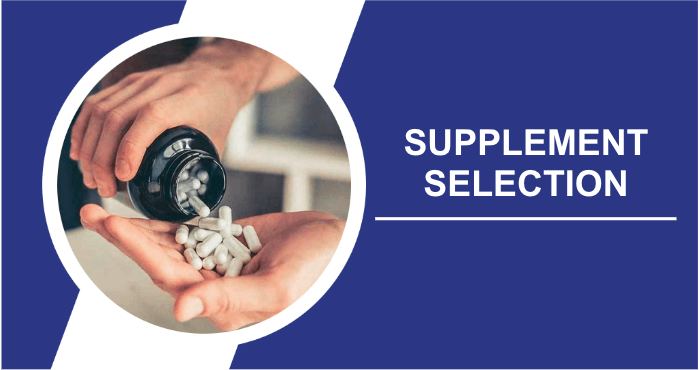
When it comes to determining the optimal supplements, we consider several crucial factors while ensuring that we maintain the same word count as provided. These factors include:
- Natural ingredients: We prioritize products that are backed by scientific research and use only natural ingredients that have been proven to be both safe and effective. Synthetic ingredients should be avoided at all costs due to their potential to cause serious adverse effects.
- Third party testing: A highly reliable method of assessing the safety of products is to seek third-party certification. Some prominent independent organizations that can certify a product’s safety and freedom from contaminants include Informed Choice, NSF International, and the United States Pharmacopeia (USP).
- Dosage: It is important that the product contain a dosage that has been scientifically validated as both safe and effective, as some supplements may contain excessive amounts of certain ingredients that can be harmful if consumed in large quantities.
How Do You Know If You Have Low Testosterone?
It is typical for men’s testosterone levels to decline with age, decreasing by about 1% per year after the age of 30. Unfortunately, low testosterone is a condition in which your testosterone levels are low enough to affect your physical appearance and overall well-being. Indications of low testosterone, often referred to as “low T,” include decreased libido, erectile dysfunction (ED), fatigue, weight gain, reduced body hair, decreased muscle size and strength, and feelings of depression or cognitive fogginess.
In people under the age of 40, fatigue and decreased energy levels are often the most common symptoms. If you are experiencing any of these symptoms, we strongly recommend that you have your testosterone levels tested or consider one of the supplements available to help balance your testosterone levels.
Benefits Of Higher Testosterone Levels
We know that low testosterone levels can have a significant impact on your physical and mental well-being. But what happens when you begin the journey to increase your testosterone levels? The results are quite rewarding, including increased muscle mass, improved energy levels, and better weight loss results.
Enhances Muscle Growth
One of the primary motivations for using testosterone boosters is to increase muscle growth. Testosterone plays a key role in muscle development and directly contributes to increased muscle mass. Research has shown that increasing testosterone levels leads to greater muscle size and strength. Consequently, any product capable of increasing testosterone levels can contribute to improved muscle growth.
One study examined the effects of testosterone boosters on muscle mass and protein synthesis. Nine participants received a standard pharmacological dose of testosterone over a period of 12 weeks. Muscle mass, as measured by creatinine excretion, increased by an average of 20% in all nine subjects. The study concluded that increased testosterone promotes muscle growth by increasing muscle protein synthesis.
Boosts Libido
In addition to improving muscle performance, another common reason for using testosterone boosters is to increase libido. Libido is closely linked to testosterone levels, meaning that an increase in testosterone levels will also result in an improved libido. Numerous studies have shown that testosterone supplementation can significantly increase sexual desire, especially in older men.
In one study, men over the age of 65 with low testosterone levels were evaluated for sexual activity, sexual desire, and erectile function. Compared to the placebo group, the testosterone supplement group showed significant improvements in 10 out of 12 measures of sexual activity. These improvements in sexual desire and activity were directly related to the magnitude of the increase in testosterone levels.
Increases Energy Levels
Testosterone levels have a direct impact on our energy levels, overall cognitive function, and mood. Fatigue not only affects energy levels, but can also negatively affect mood, potentially leading to irritability and even depression. Many people who think they have depression may actually have low testosterone, as the symptoms can overlap.
Research has shown that testosterone can increase energy levels through several mechanisms, including improved muscle endurance, increased muscle mass, and increased red blood cell production. Several studies have shown that increasing testosterone levels can combat fatigue, improve mood, and enhance overall quality of life.
Faciliates Weight Loss
Another negative consequence of low testosterone is an increase in body fat. Testosterone boosters can counteract this effect by promoting weight loss as well as muscle growth. By increasing muscle mass, testosterone boosters also increase our basal metabolic rate, resulting in more calories burned at rest. A body composition with greater muscle mass contributes to increased caloric expenditure, thus aiding in weight loss.
Research has shown that declining testosterone levels, typically associated with aging, are associated with decreased lean mass and increased fat mass, which is also redistributed in the body. Testosterone administration has been shown to improve body composition by increasing muscle mass, decreasing fat mass, and increasing lean body mass. The relationship between low testosterone and fat gain is cyclical, as one tends to exacerbate the other at a higher rate.
What Is TRT?
Testosterone Replacement Therapy (TRT) is a medical treatment used to treat low testosterone levels in individuals. It involves the administration of synthetic or bioidentical testosterone to restore hormonal balance. TRT is typically prescribed to individuals who are experiencing symptoms of low testosterone, such as fatigue, decreased libido, mood swings, and muscle loss.
It can be administered in a variety of forms, including injections, gels, patches, or implants, depending on the patient’s needs and preferences. Fountain TRT is our recommendation for those considering TRT and is known as one of the best online TRT clinics.
Which Is The Best TRT Clinic?
Choosing the best TRT clinic is crucial for those seeking testosterone replacement therapy. Fountain TRT stands out as our recommendation among the best online TRT clinics. They offer a comprehensive approach to TRT, providing consultations with experienced medical professionals, personalized treatment plans, and convenient online services.
- Accurate testosterone measurement
- Appointment with a doctor
- Cream and injection options
- Price: $35 – $199
- Rating ⭐⭐⭐⭐⭐
Frequently Asked Questions
What qualities should you look for in a testosterone supplement?
Key attributes to consider in a testosterone supplement include the use of all-natural ingredients, the presence of a safe dosage, and third-party verification for purity and absence of contaminants.
How long does it take to see results from testosterone boosters?
While you may notice minor effects such as an immediate boost in energy, it typically takes about 4-6 weeks to see results associated with increased muscle size and improved strength.
Are there any natural approaches to boosting testosterone levels?
Certainly there are numerous natural ways to increase testosterone levels, including maintaining a nutritious diet, engaging in regular physical activity, getting enough sleep, managing stress, and avoiding excessive alcohol consumption. These lifestyle changes can positively impact testosterone levels without the need for supplements.
How do Testosterone Boosters differ from Testosterone Replacement Therapy (TRT)?
Testosterone boosters are over-the-counter supplements designed to stimulate the body’s natural production of testosterone. In contrast, Testosterone Replacement Therapy (TRT) involves prescribed medications, such as testosterone injections or patches, to directly supplement testosterone levels in individuals diagnosed with clinical deficiencies. TRT requires medical supervision and is not available without a doctor’s prescription.
Are there any potential side effects associated with testosterone boosters?
As with any dietary supplement, testosterone boosters may have potential side effects. Common side effects include acne, mood swings, and increased aggression. It is imperative to adhere to the recommended dosage and consult a healthcare professional if you experience any side effects.
Conclusion
The good news is that there are several products available if you’re looking to boost your testosterone levels naturally. In addition, the top-rated testosterone boosters on the market typically include a blend of scientifically validated vitamins, minerals, and herbs that can effectively boost testosterone, many of which we just discussed in detail.
Once you begin taking your chosen supplement, it’s a good idea to monitor your testosterone levels regularly to assess any potential increases. In addition, you can work with your healthcare provider to keep track of your testosterone levels and anticipate positive indicators such as increased muscle mass, improved energy levels, and increased libido. Better body composition and more youthful vitality? That certainly sounds appealing!
Sources
- Pilz, S, et al. “Effect of Vitamin D Supplementation on Testosterone Levels in Men.” Read more
- Symes, E. K., et al. “Increased Target Tissue Uptake Of, and Sensitivity To, Testosterone in the Vitamin B6 Deficient Rat.” Read more
- Kilic, Mehmet, et al. “The Effect of Exhaustion Exercise on Thyroid Hormones and Testosterone Levels of Elite Athletes Receiving Oral Zinc.” Read more
- Santos, Heitor O., and Filipe J. Teixeira. “Use of Medicinal Doses of Zinc as a Safe and Efficient Coadjutant in the Treatment of Male Hypogonadism.” Read more
- Cinar, Vedat, et al. “Effects of Magnesium Supplementation on Testosterone Levels of Athletes and Sedentary Subjects at Rest and after Exhaustion.” Read more
- Mahdi, Abbas Ali, et al. “Withania Somnifera Improves Semen Quality in Stress-Related Male Fertility.” Read more
- Wankhede, Sachin, et al. “Examining the Effect of Withania Somnifera Supplementation on Muscle Strength and Recovery: A Randomized Controlled Trial.” Read more
